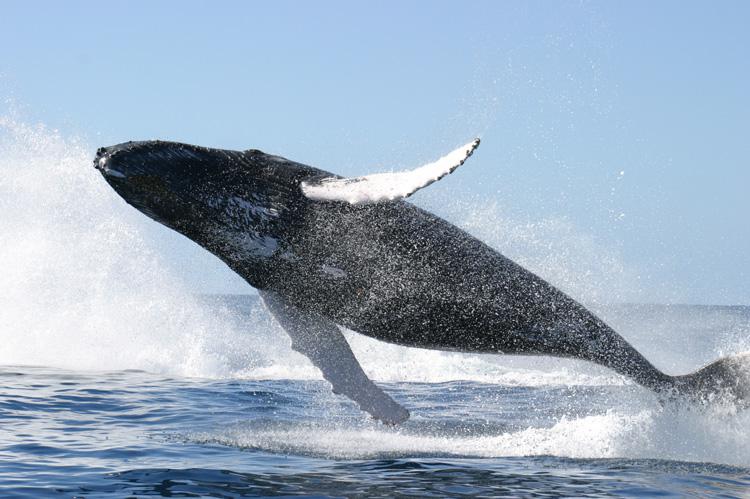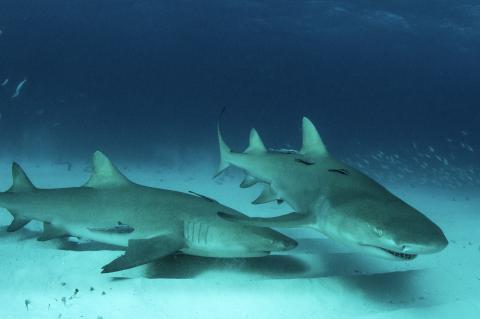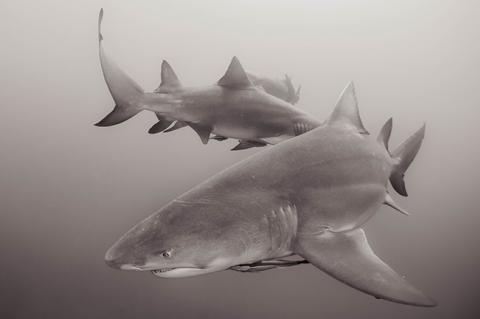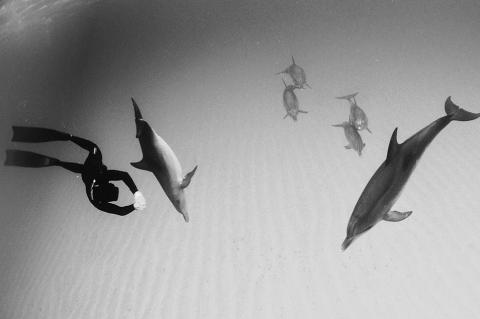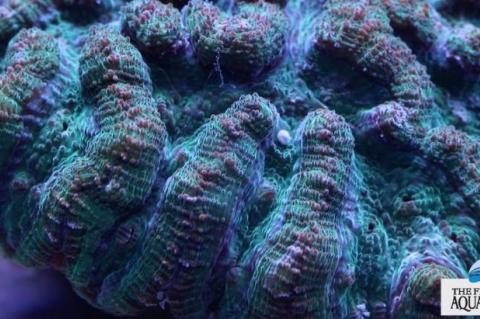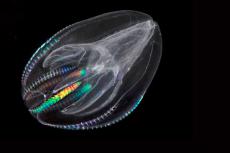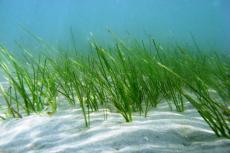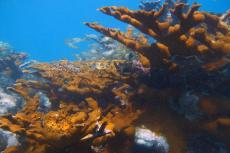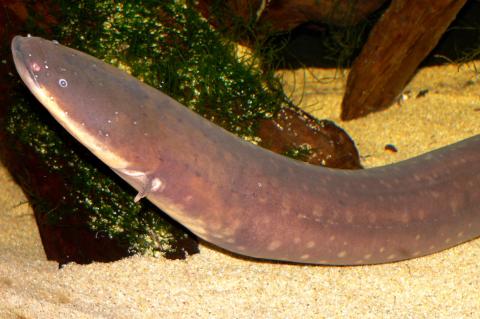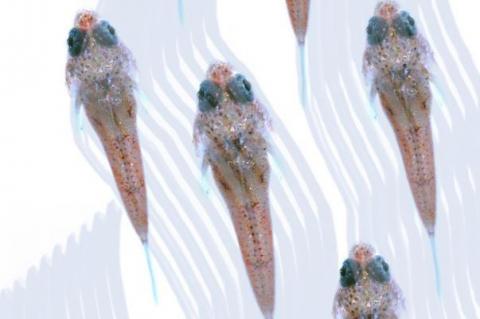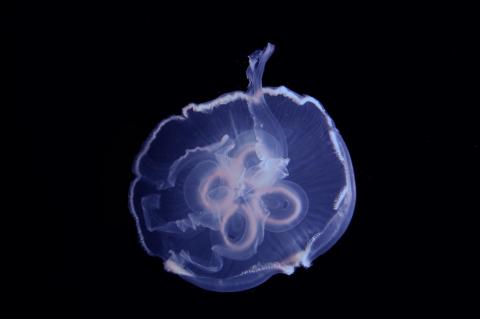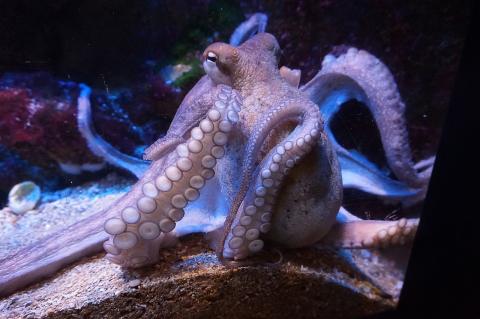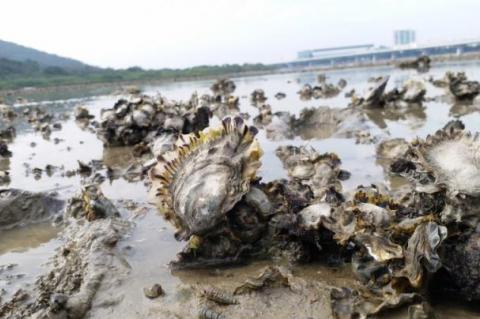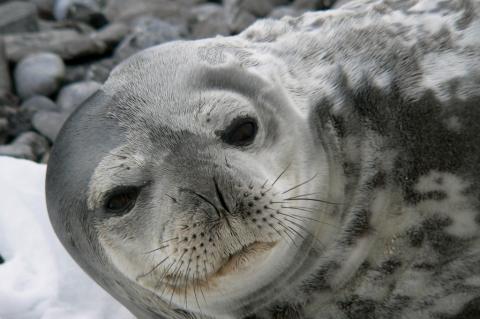1 minute
Why are Russian whales stinky?
Since the early 1990’s, aboriginal whale hunters in Russia’s northeastern Chukotka province have reported that about one-tenth of the whales they killed for food smelled so putrid that they were inedible.
People who ate the stinky meat reported numbness, a rash or stomach ache. The origin of the odor—which has also affected seals, walruses and cod—has baffled scientists, and in 2003, U.S. and Russian toxicologists began testing tissue samples of stinky whales.
They looked for traces of heavy metals and other harmful compounds, such as organochlorines and polyaromatic hydrocarbons, which are products of industrial processes. They detected more than a hundred volatile compounds, including hydrocarbons, sulfur and nitrogen compounds and various odorants.
But it’s not clear whether these come from human pollution. As hunters have noted that the stomachs of stinky whales are packed with seaweed. Some researchers have suggested that the whales, faced with climate-related food shortages, have resorted to eating seaweed that causes a pollutant-producing biochemical reaction inside them.
Others suggest that the whales are feeding in areas rich in toxin-emitting fungi and bacteria. But the report adds that the stink could also be caused by an unidentified biotoxin.


